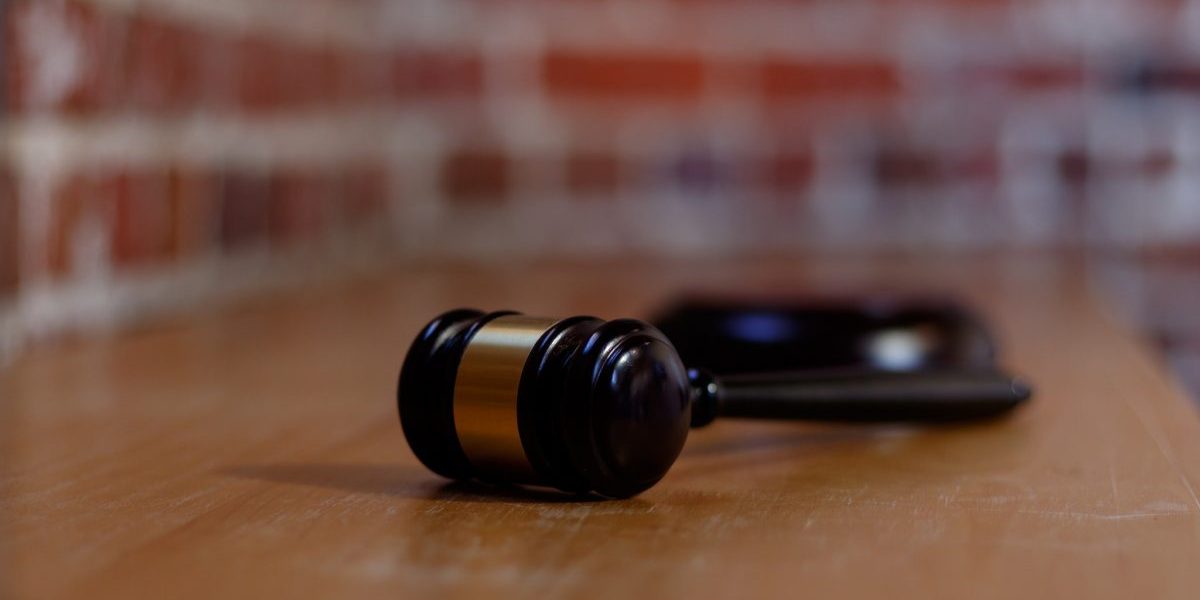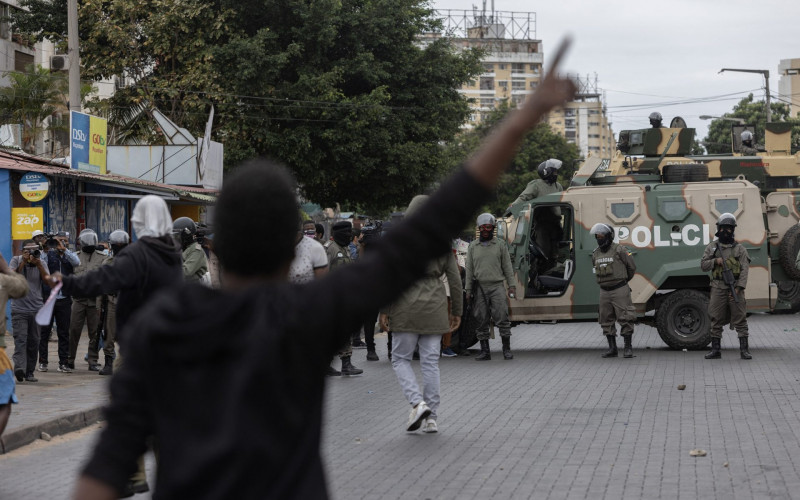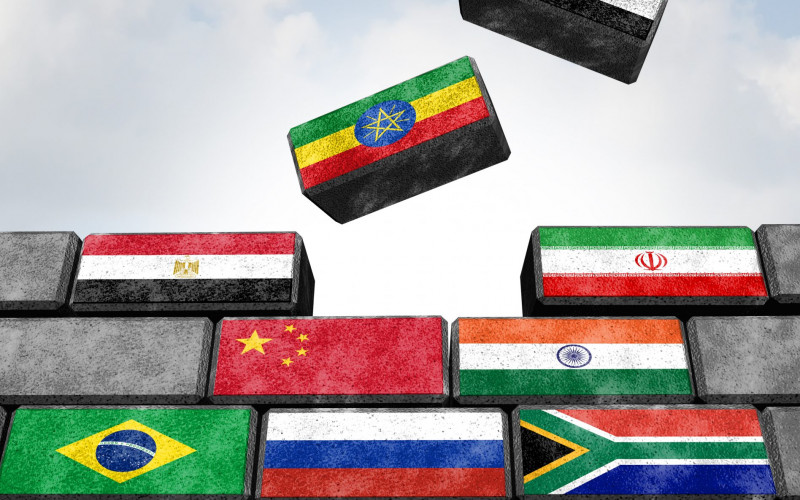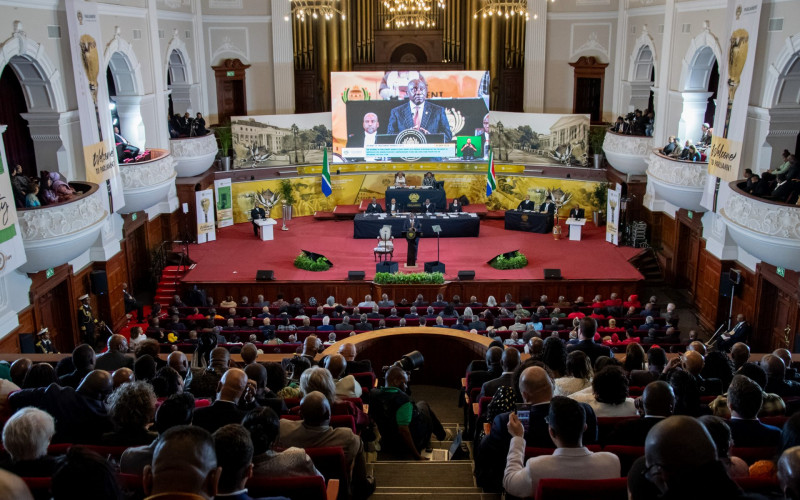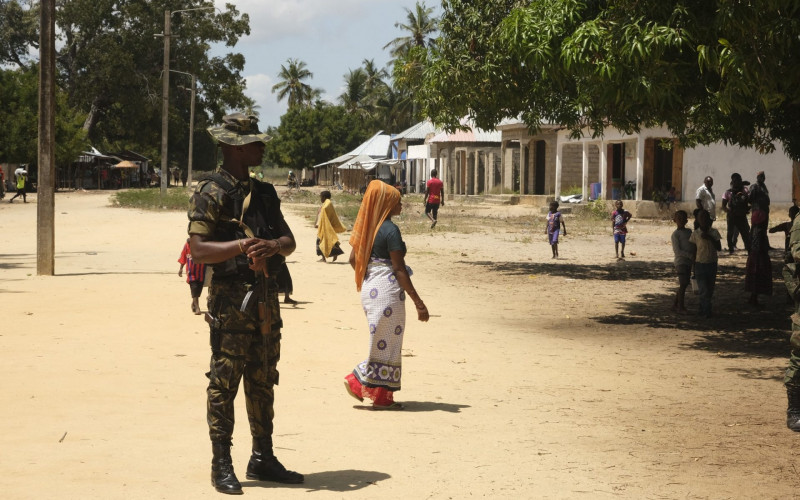The constitution is clear in mandating that all public power be exercised in accordance with the rule of law; that it be rational; and that relevant considerations be taken into account and given appropriate weight to ensure informed and accountable decision-making. This is as true for foreign policy as it is for any other type of governmental policy, making it susceptible to judicial scrutiny. It is the constitution that is to be the ‘light that guides our foreign affairs’.
Civil society has increasingly sought to use the courts to shape a more accountable, human rights-oriented foreign policy. This was evident when civil society approached South Africa’s courts to secure a measure of accountability for crimes of torture committed in Zimbabwe.
In the case of a suspected war criminal whom Sri Lanka proposed posting to South Africa as its deputy ambassador, the threat of litigation to challenge the President’s power to receive and recognise diplomats, if it were exercised in favour of Sri Lanka’s nominee, was enough to ensure the appointment did not materialise.
Again, the threat of litigation to secure an arrest warrant for Sudanese President Omar al-Bashir in compliance with the International Criminal Court’s indictment, in the event that he attended President Jacob Zuma’s inauguration, was enough to secure his nonattendance.
A similar strategy in Kenya, requiring actual litigation, secured an order that an arrest warrant be issued for al-Bashir. This demonstrates that South Africa is not alone on the continent in recently having witnessed civil society either resorting to litigation or threatening to do so in an attempt to condition foreign policy choices.

